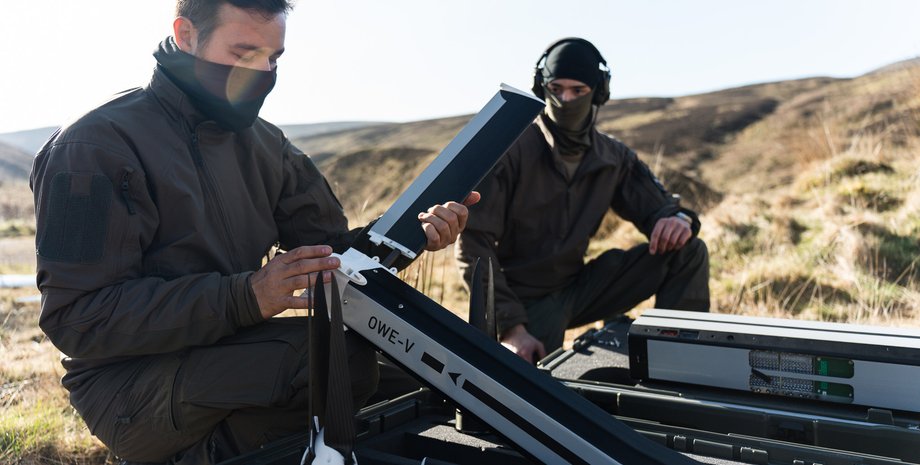
 By Victor Duda
By Victor Duda
Stark will provide his Virtus strike drone and Helsing his HX-2. According to the agreement, the companies are to provide a total of up to 12,000 drones to a new German brigade stationed in Lithuania to protect NATO's eastern flank from Russia. Splitting the tender between three manufacturers is expected to stimulate innovation. "They are doing this to maintain competition and make sure they get the best system," said one of the newspaper's interlocutors.
According to journalists, the official papers have not yet been signed, but if the contracts are approved by the budget committee of the German parliament, they are likely to be the largest deals concluded by the two young startups. Earlier, the Financial Times reported that the German startup Stark Defense failed the October 2025 test of its Virtus drones. During two separate exercises, the UAVs failed to hit any targets.
During tests in Germany, one of the Virtus drones reportedly lost control and landed in a wooded area. Also described is the case of a UAV battery catching fire during an exercise in Kenya. "It was a disaster for Stark. They overestimated [their capabilities], and now they're paying for it," said one of the publication's interlocutors.
In turn, one of Stark's financial backers, who spoke on condition of anonymity, emphasized the importance of "testing and experimenting" as "necessary parts of building and implementing front-line innovation. " "We crashed more than once or twice, we crashed hundreds of times. This is how we test, develop and ultimately continue to deliver defense technologies such as Virtus to the front lines in Ukraine," the Stark company added.










All rights reserved IN-Ukraine.info - 2022